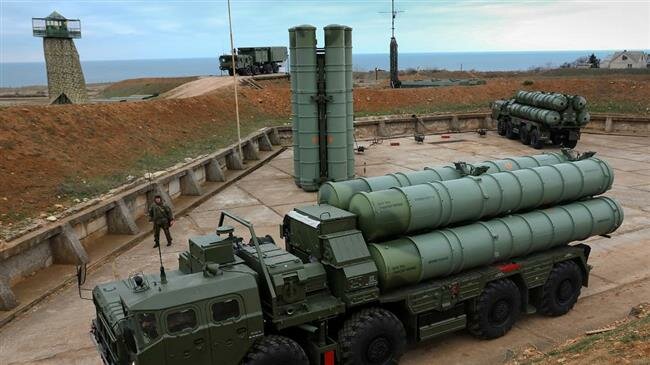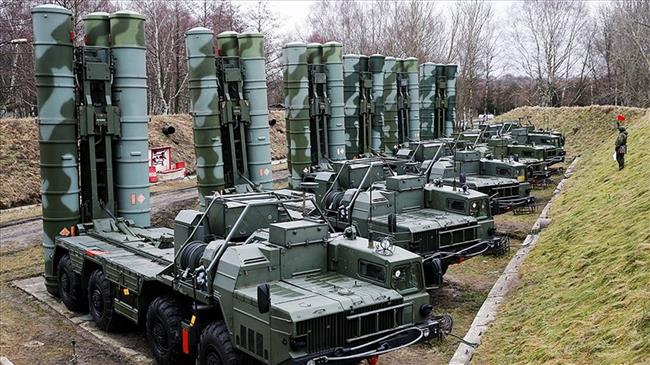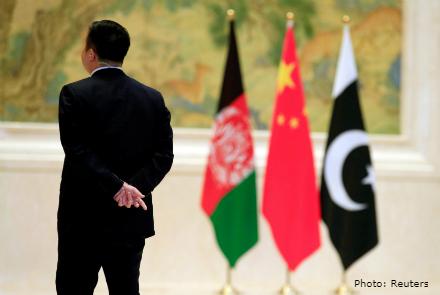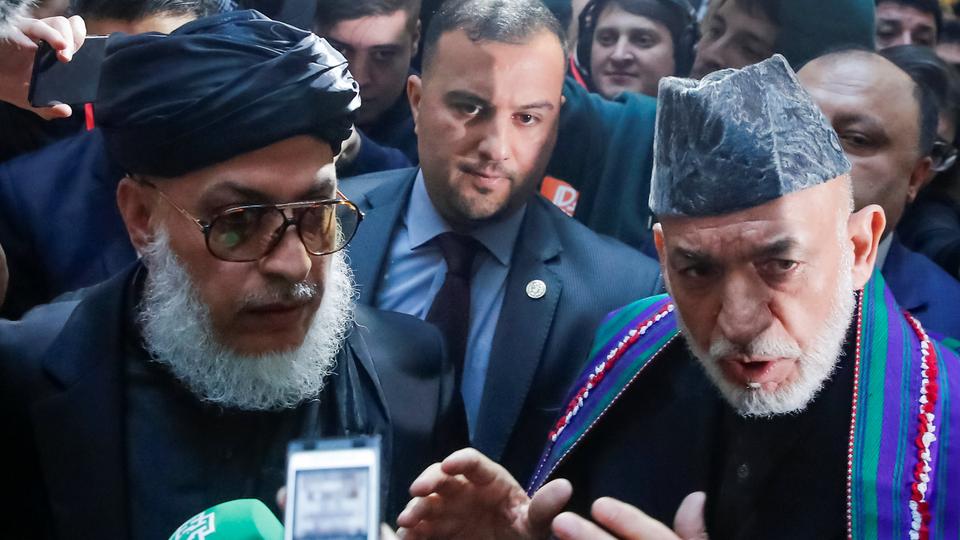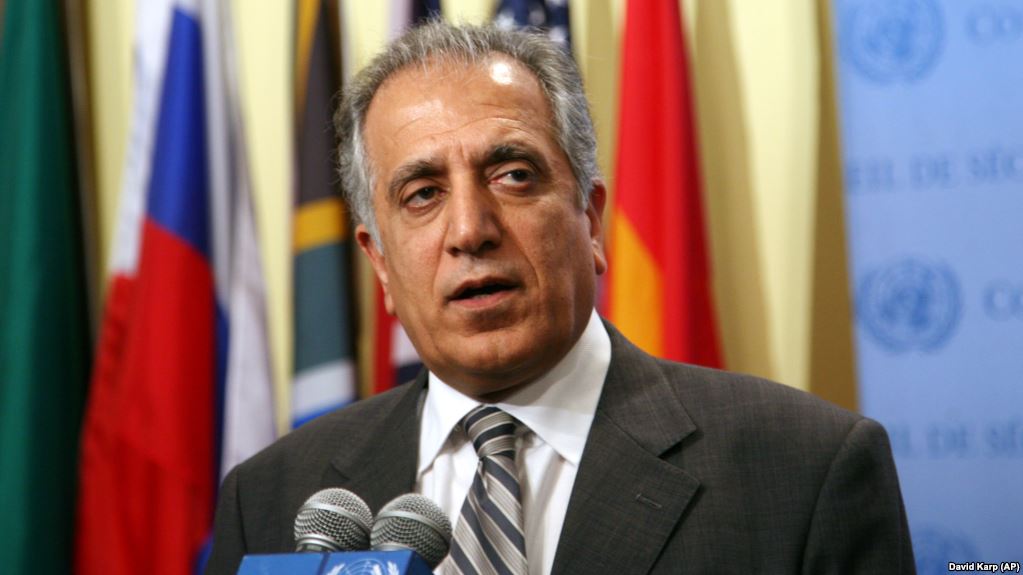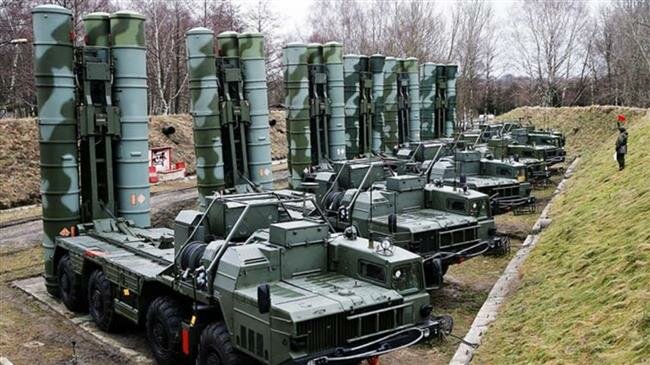Russia has begun delivering the 2nd batch of its advanced S-400 missile defense systems to China as part of a 2014 contract.
Publish dateThursday 25 July 2019 - 03:27
Story Code : 188928
"A transport vessel with the first batch of hardware from the second S-400 regiment set for China has taken to the sea from the port of Ust-Luga on the Baltic coast,” Russia’s Tass News Agency quoted an unnamed military source as saying on Wednesday.
“Therefore, like in the case with Turkey, the deliveries of the systems have started several months ahead of the term stipulated in the contract," the source added.
The delivery of the entire S-400 regiment set to China envisages "involving no less than three vessels" that will take to the sea one by one "within short time intervals," the source added.
In 2014, China ordered four to six Russian-made S-400 regimental units for an estimated price of around $3 billion.
Head of Russia’s Rostec State Corporation Sergei Chemezov said in 2016 that there would be no shipment before 2018.
A first group of Chinese forces were trained on using the unit, which was delivered last spring, and successfully tested late last year.
The S-400 entered service with the Russian army in 2007 and is considered Russia’s most advanced long-range anti-aircraft missile system.
Capable of engaging targets at a distance of 400 kilometers (248 miles) and at an altitude of up to 30 kilometers (18 miles), the missile system can destroy aircraft as well as cruise and ballistic missiles. It can also be used against land-based targets.
Several countries have finalized contract with Moscow on the purchase of the military equipment in recent years.
Russia and Turkey finalized an agreement on the delivery of the S-400 missile systems in December 2017.
The first shipment of S-400 air defense missile system landed in Ankara earlier this month, in a move that set up a potential showdown between Turkey and the United States.
In September last year, India also approved a plan to purchase five Russian-built S-400 defense systems, despite earlier warnings from the US against any military transaction with Russia.
The United States has competitively sold and continues to sell its rival Patriot missile systems to regional countries to push back against Russia’s expanding influence among them.
“Therefore, like in the case with Turkey, the deliveries of the systems have started several months ahead of the term stipulated in the contract," the source added.
The delivery of the entire S-400 regiment set to China envisages "involving no less than three vessels" that will take to the sea one by one "within short time intervals," the source added.
In 2014, China ordered four to six Russian-made S-400 regimental units for an estimated price of around $3 billion.
Head of Russia’s Rostec State Corporation Sergei Chemezov said in 2016 that there would be no shipment before 2018.
A first group of Chinese forces were trained on using the unit, which was delivered last spring, and successfully tested late last year.
The S-400 entered service with the Russian army in 2007 and is considered Russia’s most advanced long-range anti-aircraft missile system.
Capable of engaging targets at a distance of 400 kilometers (248 miles) and at an altitude of up to 30 kilometers (18 miles), the missile system can destroy aircraft as well as cruise and ballistic missiles. It can also be used against land-based targets.
Several countries have finalized contract with Moscow on the purchase of the military equipment in recent years.
Russia and Turkey finalized an agreement on the delivery of the S-400 missile systems in December 2017.
The first shipment of S-400 air defense missile system landed in Ankara earlier this month, in a move that set up a potential showdown between Turkey and the United States.
In September last year, India also approved a plan to purchase five Russian-built S-400 defense systems, despite earlier warnings from the US against any military transaction with Russia.
The United States has competitively sold and continues to sell its rival Patriot missile systems to regional countries to push back against Russia’s expanding influence among them.
avapress.net/vdcf0cdycw6dc1a.r7iw.html
Tags
Top hits
